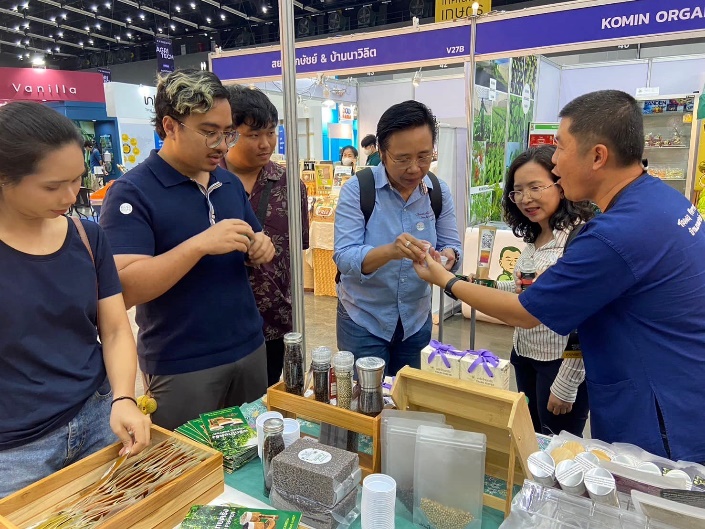Reporters : Assco. Prof. Chuinut Sujarit, Asst. Prof. Somboon Prasongchan,
Asst. Prof. Nutworadee Kanittinsuttitong,Prof. Natta Kachenpukdee
Indicator : 1.4.3
Date : March 15, 2022
Related SDGs:

Rajamangala University of Technology Srivijaya has officially petitioned the Program Management Unit on Area-Based Development (PMUA) for funding in the year 2022. The overarching objective of this project is to develop and disseminate comprehensive training for the creation of ready-to-eat flavored sweet fish products, spanning a diverse spectrum of flavors including garlic and pepper, three-flavored varieties, and herbal alternatives. This initiative also encompasses the enhancement of the quality of the original, unadulterated sweet fish product, as well as the development of sweet fish products that employ stevia herb as a sugar substitute, thereby adhering to rigorous hygiene standards throughout the production process.
Central to this undertaking is a profound commitment to upholding the integrity of the production process, emphasizing the pristine condition of raw materials, and optimizing the drying process through the utilization of specialized drying racks developed under the aegis of this research project. This strategic approach is not only geared toward mitigating contamination issues resulting from insect infestations but also towards diversifying the spectrum of flavors characterizing seasoned sweet fish products. Achieving the appropriate flavor profiles hinges on a series of rigorous taste tests conducted by discerning consumers, culminating in recipes that resonate with the palates of the target demographic. These recipes are subsequently translated into ready-to-eat sweet fish products, thereby aligning product offerings with consumer preferences.
Significantly, the project addresses the paramount issue of product shelf life. It achieves this through the judicious application of vacuum packing technology in Nylon/PE plastic bags, which significantly prolongs product preservation and mitigates mold-related concerns to a considerable extent. Microbiological analyses further underscore the rigorous adherence to quality standards, confirming minimal microbial presence in conformity with community product standards (301/2553), particularly in relation to seasoned fish fillets. Moreover, meticulous attention is devoted to the aesthetic appeal of product packaging, with an emphasis on customer engagement and attraction.
Concurrently, the research findings have been effectively disseminated within the community via practical training, affording community members exposure to critical facets of hygienic production processes, exact product formulation, sound packaging techniques, and optimal packing conditions. Multi-faceted marketing strategies have also been imparted, while fostering a culture of product development that prioritizes quality and innovation. The knowledge transfer to community residents, transformative groups, and innovators has engendered a synergistic collaboration within the Ban-Ta-se community. This has the potential to culminate in the emergence of a knowledge hub and model institution, offering insight and inspiration for other coastal fisheries endeavors in the foreseeable future. The collective ambition is to enhance the overall quality and appeal of seasoned seafood products in the marketplace. For comprehensive details regarding these endeavors, please refer to the link provided below.
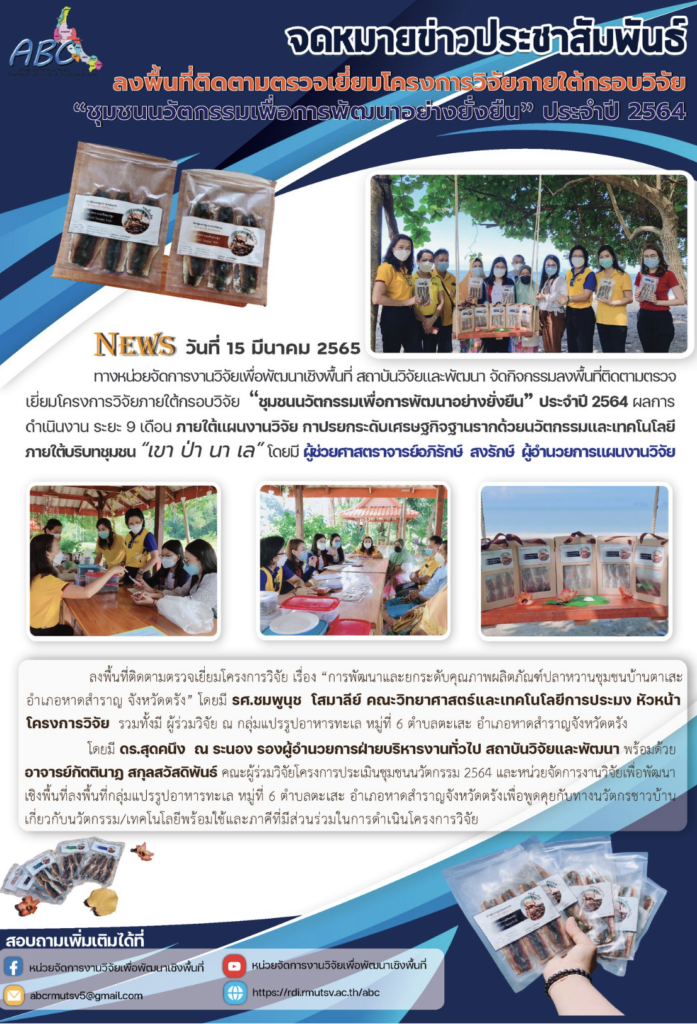
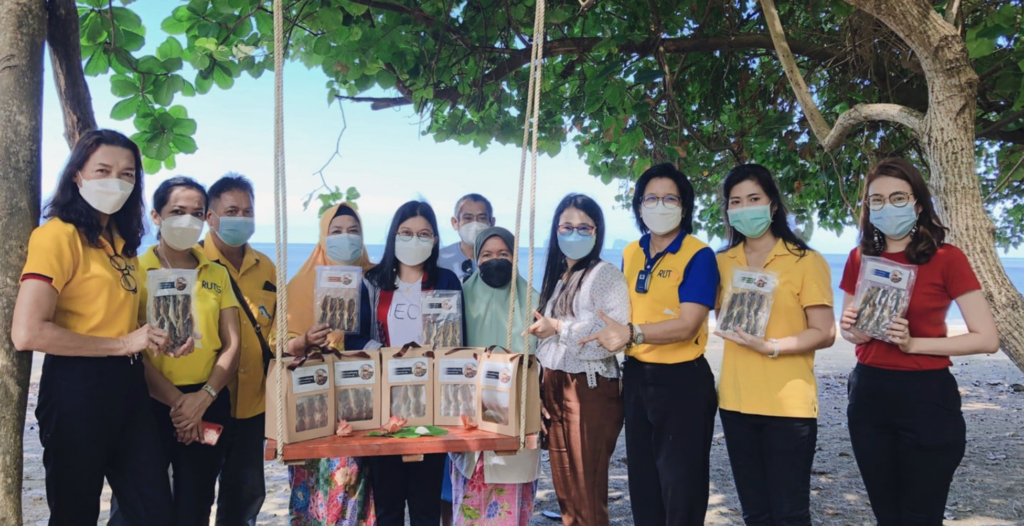
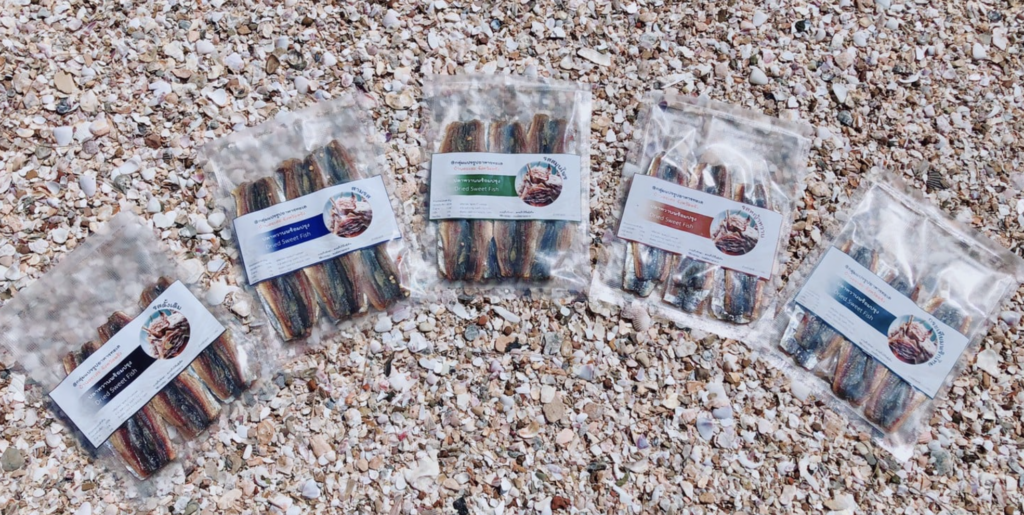
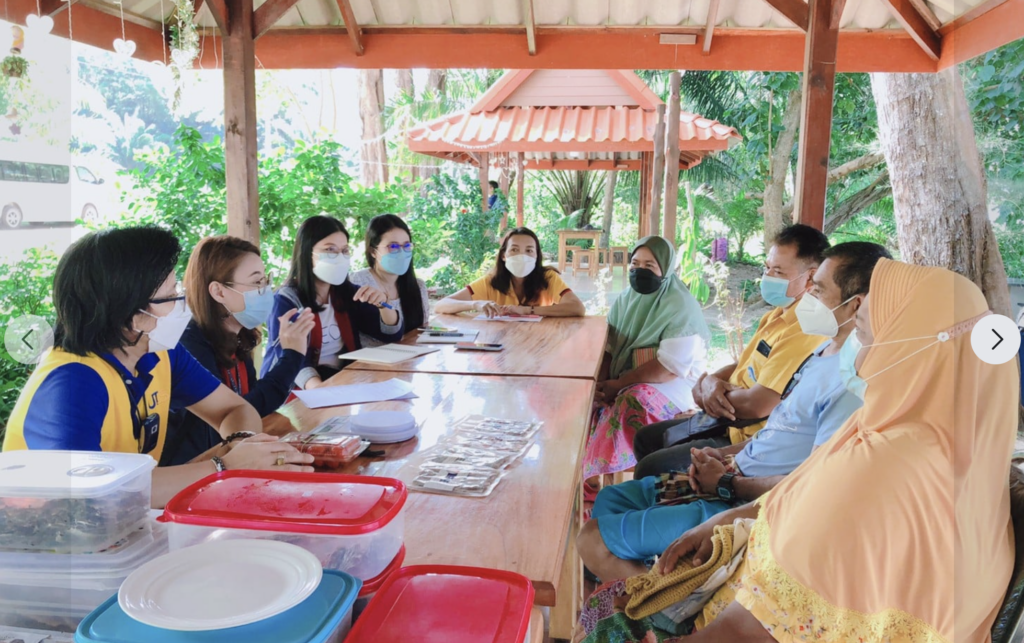
Related Links:




